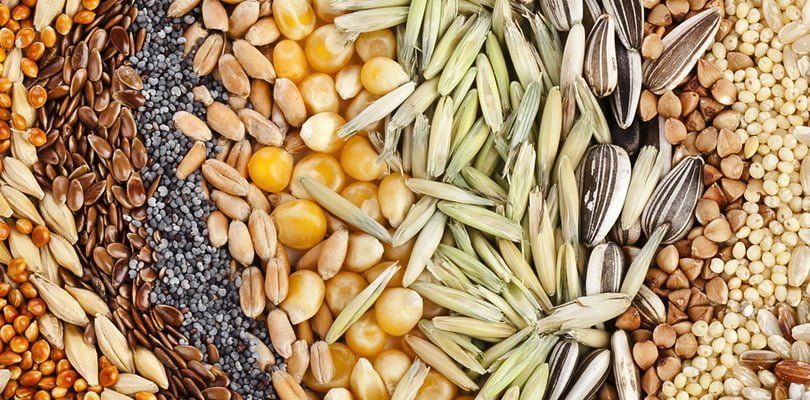Homily for the Twentieth Sunday in Ordinary Time August 18, 2024
This is a subtitle for your new post

Practicing Gratitude and Manifesting Abundance.
Homily for the Twentieth Sunday in Ordinary Time
August 18, 2024
Some years ago, a successful businessman reflected on his life and thought of all the people who had been influential in helping him become who he was. He decided to write each person a thank you card telling him or her of his gratitude for their influence on his life.
His fourth grade teacher quickly came to mind for insisting that he and his classmates strive for excellence in every endeavor. She pounded it into her students, be it regarding homework, tests or class projects. So he sent her a thank you note.
One day, he received a return letter from his former teacher. She apologized for not replying sooner, but stated that his letter took some time getting to her, since she had moved in with her daughter after retiring from teaching grade school for sixty-six years. She told him how thankful she was to receive his card and how it cheered her to find out he had learned so well his lessons in excellence. She went on to say that in her sixty-six years of teaching, this was the first thank-you card she had ever received, and how grateful she was that he had taken the time to remember her.
For a month now, our Gospel reading has been from St. John’s Bread of Life discourse, reflecting on Jesus as the true Bread from heaven, who satisfies our every need, giving us food for the journey of life, and promising eternal life. Jesus teaches that those who follow him will never hunger again.
Today, I’d like to focus on our second reading from Paul’s letter to the Ephesians. There, he instructs the community of the faithful, “Be filled with the Spirit, addressing one another in psalms and hymns and spiritual songs, singing and playing to the Lord in your hearts, giving thanks always and for everything in the name of our Lord Jesus Christ to God the Father.”
“Giving thanks always and for everything”—this goes very well with our reflections on the Eucharist because Eucharist comes from a Greek word meaning thanksgiving or giving thanks.
There is a commercial for Progressive insurance in which a man, with his fully insured RV, finds a beautiful lake and stands there awestruck. He states that it will remain that way until the public discovers the spot. And sure enough, all of a sudden, there is a long line of people waiting to see the lake. A young woman asks the man if he is through. She then takes a selfie of herself with the lake in the background. She then comments, here I am at this beautiful lake, “practicing gratitude and manifesting abundance.” The impression I get is that her gratitude is kind of trendy, and her abundance comes from the photo with her in it—a photo she can now share with her world.
Well, when we gather for the Eucharist, we are practicing gratitude and manifesting abundance, but what we do here is neither shallow nor trendy. Rather, we are digging down to the deepest level of our being, recalling that God is the Source of everything, including our very lives and countless gifts we have received. Were it not for God, we wouldn’t even be here, our burdens would be too heavy to bear, and we would be arrogant and thoughtless, thinking we did it all ourselves.
The school teacher in our opening story had taught sixty-six years, and had received only one thank you note. God has been at it far longer, done far more, and probably been ignored or taken for granted a far greater number of times.
But we gather for the Eucharist, a great offering of thanksgiving to God, through Jesus Christ, and in the power of the Holy Spirit. A great offering of gratitude for the abundance we have all received: our lives, our gifts and abilities, our faith, our community and the promise of life eternal.
Psychologists say that practicing gratitude on a regular basis is healthy. It can make you more positive, less depressed, more joyful and less disappointed in life. So, what we do here is not trendy, and it is not a matter of mere habit or obligation. We are here to give thanks for all we have and all we are.
Pope Francis is fond of reminding Christians that we are not to be sourpusses, always looking down and depressed and overcome by the challenges of life. No, we are joyful, at peace, loving, forgiving, and full of faith—gathering to give thanks in a banquet of gratitude. We have listened to the words of Wisdom in our first reading, “Come, eat of my food, and drink of the wine I have mixed! Forsake foolishness that you may live; advance in the way of understanding.” Stop being sourpusses, be grateful, and never stop giving thanks for all that God has done for you. Become the Eucharist you celebrate!




